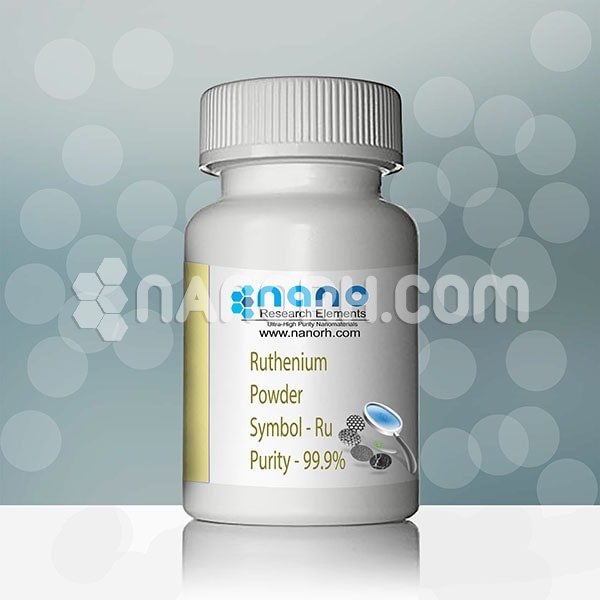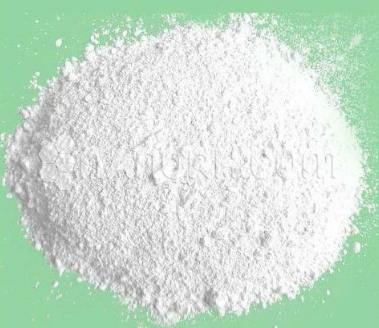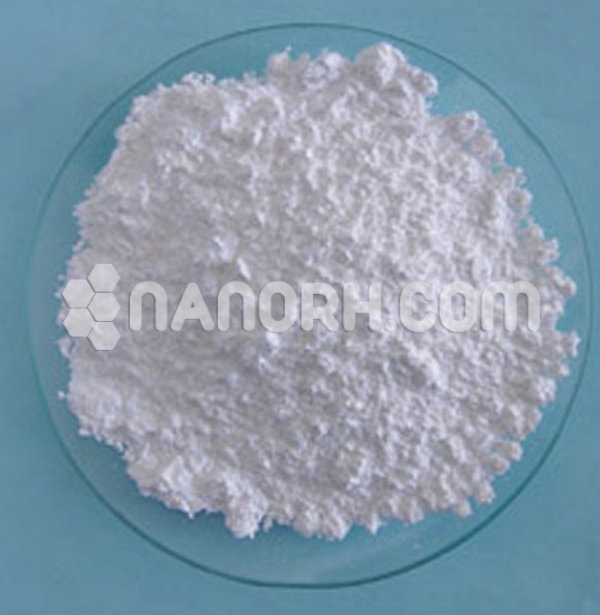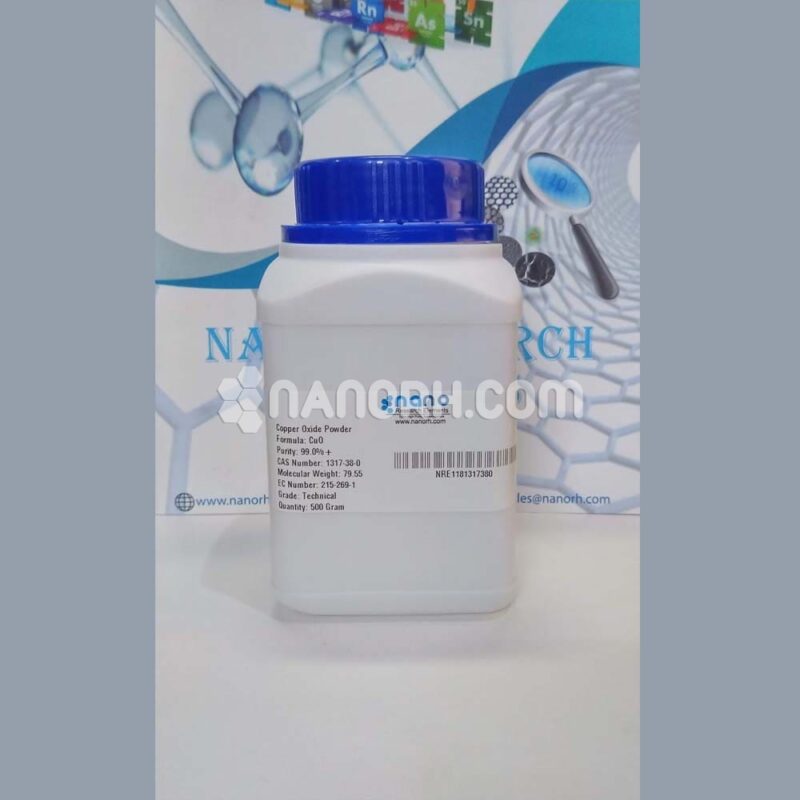| Ruthenium Powder | |
| Product No | NRE-8040 |
| CAS No. | 7440-18-8 |
| Formula | Ru |
| Molecular Weight | 101.07 g/mol |
| APS | <40 um (can be customized) |
| Purity | 99.9% |
| Color | Gray |
| Density | 12.45g/cm3 |
| Melting Point | 2334 °C |
| Boiling Point | 4150 °C |
Ruthenium Powder
Ruthenium is a rare transition metal belonging to the platinum group of the periodic table. It is generally found in ores with the other platinum group metals in the Ural Mountains and in North and South America. Ruthenium powder, due to its unique properties, finds applications in various industries. Some of the key applications include:
Electronics: Ruthenium powder is used in the electronics industry for making thick-film resistors. These resistors are utilized in various electronic devices, including integrated circuits, hybrid circuits, and sensors.
Chemical Applications: Ruthenium powder finds application in various chemical reactions as a catalyst. It is known for its ability to catalyze numerous chemical reactions, including hydrogenation, dehydrogenation, and isomerization reactions.
Jewelry: Ruthenium is used as a blackening agent for jewelry, providing a black or dark grey finish. It is often used as a coating for other metals to provide a desired surface color and finish.
Electrochemical Applications: Due to its excellent corrosion resistance, ruthenium powder is used in electroplating processes to provide corrosion protection and improve the durability of various components in the electronics and automotive industries.
Energy Industry: Ruthenium powder has shown promise in certain energy applications. It is used in the form of an alloy in the anodes of some advanced high-temperature fuel cells.
Catalytic Converters: Ruthenium is also used in the manufacturing of catalytic converters, where it acts as a catalyst to facilitate the conversion of harmful gases into less harmful substances in automobile exhaust systems.
Medical Applications: Ruthenium-based compounds are being investigated for their potential applications in cancer therapy. Some ruthenium complexes exhibit promising anticancer properties, which are actively being researched for their use in chemotherapy.
Solar Energy Applications: Ruthenium-based dyes are used in dye-sensitized solar cells (DSSCs) to enhance light absorption and improve the overall efficiency of the cells.




